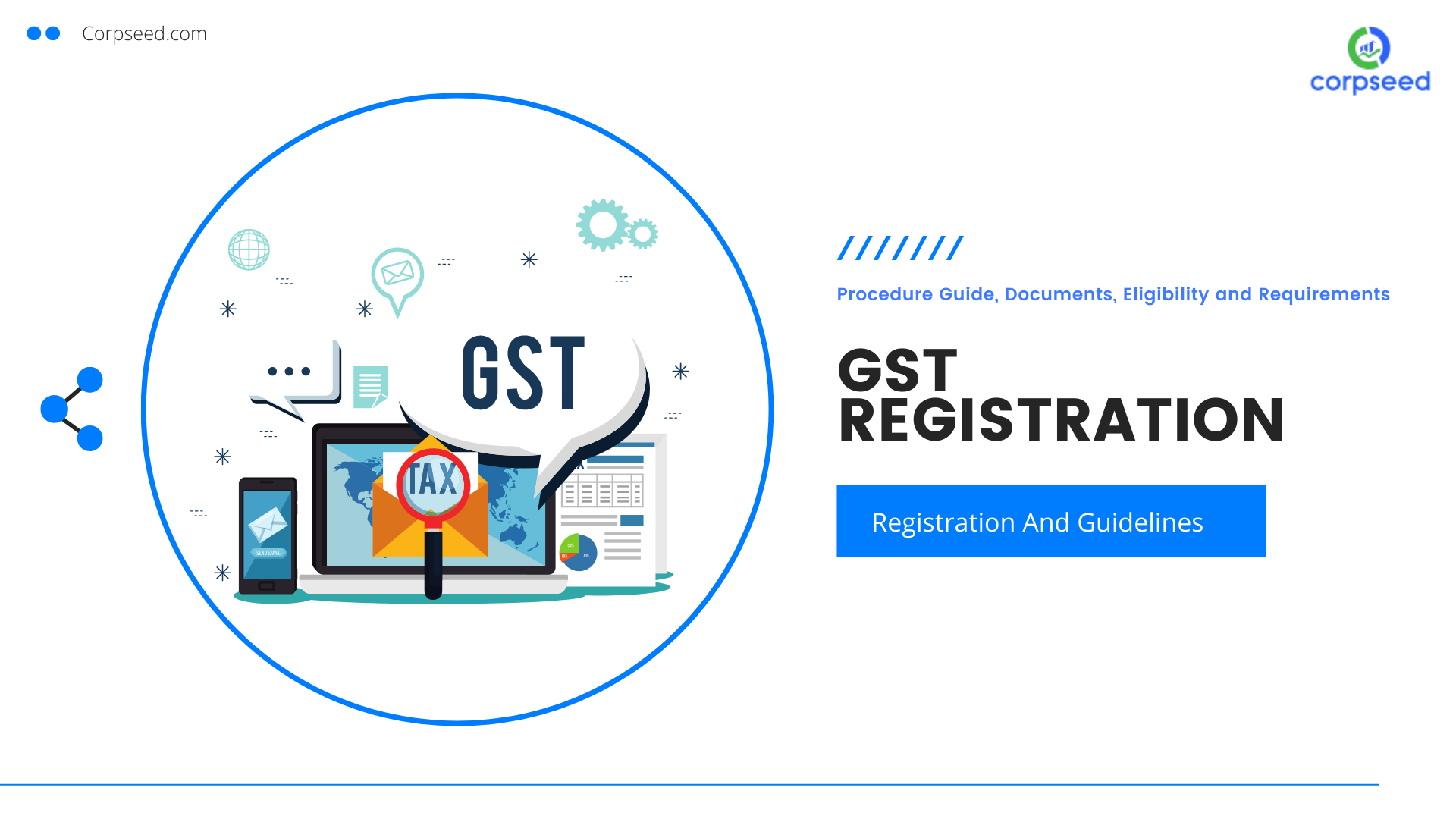Expert Tips for Selecting the Best GST Registration Services in Singapore
Expert Tips for Selecting the Best GST Registration Services in Singapore
Blog Article
From Beginning To End: The Ultimate Roadmap to GST Registration for Businesses Looking For Financial Stability
Browsing the complexities of Goods and Provider Tax (GST) registration is an essential action for businesses striving for monetary security. Damaging down the roadmap right into manageable steps can enhance the enrollment journey for organizations looking to boost their monetary standing.
Comprehending GST Essentials
Exploring the essential principles of Goods and Services Tax Obligation (GST) is essential for gaining a comprehensive understanding of its ramifications on services and the economy. GST is a value-added tax obligation imposed on a lot of goods and solutions for residential consumption. It has changed numerous indirect tax obligations that existed in the pre-GST period, streamlining the tax structure and enhancing simplicity of doing business in India. Under the GST system, both solutions and products are exhausted at a particular price, which is figured out based upon their category. If their annual turnover surpasses the threshold limitation set by the federal government, companies are needed to register for GST. Input Tax Credit Rating (ITC) is a substantial feature of GST, allowing companies to declare credit scores for tax obligations paid on inputs, lowering the overall tax obligation burden. Recognizing the essentials of GST is vital for organizations to abide by tax obligation laws, handle their finances efficiently, and contribute to the country's financial development by joining a clear tax obligation system.
Qualification Criteria for Registration
As of the existing guidelines, the threshold limitation for GST registration is an annual accumulation turnover of 40 lakhs for services running within a state, except for unique group states where the limit is 20 lakhs. Additionally, specific companies are called for to sign up for GST irrespective of their turn over, such as interstate providers, laid-back taxed persons, and organizations liable to pay tax obligation under the reverse charge device. It is critical for services to thoroughly analyze their turnover and transaction kinds to identify their GST registration obligations properly.
Documents Required for Enrollment
Having met the eligibility criteria for GST registration, services must currently guarantee they have the requisite files in position to continue with the registration process efficiently. The records required for GST registration commonly consist of proof of business constitution, such as partnership act, registration certificate, or unification certificate for different sorts of businesses. Additionally, services need to give papers establishing the major workplace, such as a rental agreement or electricity bill. PAN card of business, along with the identity and address evidence of promoters/partners/directors, are important for confirmation purposes. Financial institution account statements, together with terminated cheques or a copy of the bank passbook, are required to confirm the monetary information given during enrollment. Furthermore, businesses have to have digital signatures ready for the authorized signatory. Ensuring all these documents are arranged and readily available will certainly quicken the GST enrollment process, making it possible for businesses to abide by tax obligation regulations seamlessly.
Step-by-Step Registration Refine
Commencing the check my reference GST enrollment procedure includes a collection of structured steps to guarantee a seamless and compliant registration for services. The primary step is to see the GST website and fill in the enrollment type with precise details of the business entity. Following this, the applicant receives a Temporary Recommendation Number (TRN) which is utilized to return to the application process if it's not finished in one go.
Next, all needed papers according to the checklist provided by the GST portal need to be posted. These files usually include proof of service registration, address and identification evidence of promoters, financial statements, and company entity's PAN card.

Post-Registration Compliance Guidelines

Final Thought
To conclude, organizations looking Get the facts for economic stability should recognize the basics of GST, satisfy qualification criteria, collect essential papers, adhere to the step-by-step registration procedure, and adhere to post-registration standards - Best GST registration services in Singapore. By adhering to these actions, companies can make sure compliance with tax laws and keep monetary stability over time
Additionally, certain businesses are required to sign up for GST irrespective of their turn over, such as interstate vendors, informal taxed persons, and businesses liable to pay tax obligation under the reverse cost device.Having actually met the qualification criteria for GST registration, services must currently guarantee they have the requisite records in area to continue with the enrollment process effectively. The files needed for GST enrollment normally include proof of organization constitution, such as collaboration act, registration certification, or consolidation certification for various kinds of companies. Furthermore, companies require to offer records developing the major place of company, such as a rental agreement or electricity expense.Starting the GST registration procedure entails a series of structured steps to ensure a seamless and certified enrollment for organizations.
Report this page